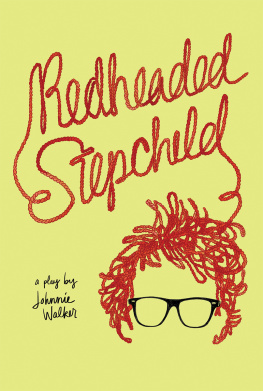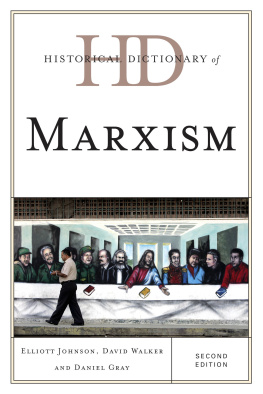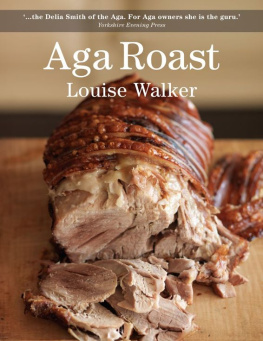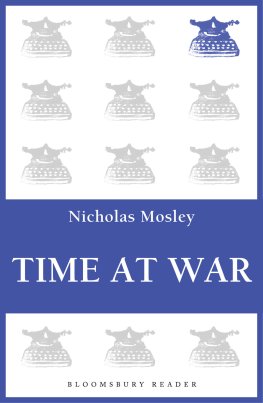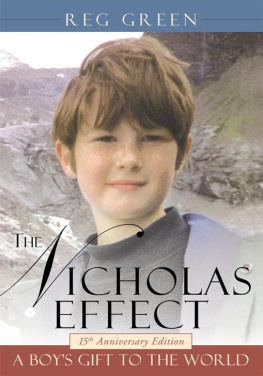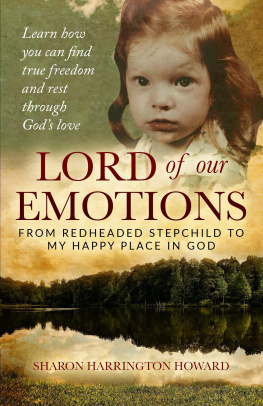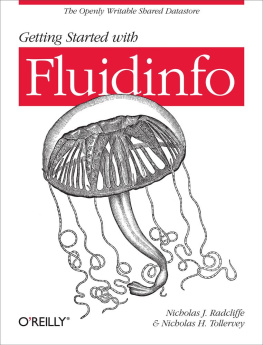
Praise for Redheaded Stepchild
Walker wins us over with his honest, heartfelt and funny details [...] The climax is surprising yet inevitable, making Nicholas the most charming theatrical preteen since a troubled girl named Claudia.
Glenn Sumi, NOW Magazine
Walkers creation is one of the most endearing and hilarious examples of pubescent precocity in recent memory. His absolute skepticism about pop culture and the pious jargon of the helping professions, his elaborate ironies, his matter-of-fact assessment of social reality (only girls can dye their hair), his perspectives on classic art (Rita Hayworths smouldering red-headed intensity)all are wincingly judged. [] Welcome, Nicholas, to the elite ranks of Claudia of I, Claudia fame and James in Extinction Song as rare examples of kid characters who are neither humoured nor sentimentalized by the actors who conjure them.
Liz Nicholls, Edmonton Journal
Its easy to forget how difficult it is to be young, but actor/playwright Johnnie Walker beautifully captures the confusion and angst of adolescence in Redheaded Stepchild. Walker makes this one-of-a-kind character totally lovable and relatable.
Kate Watson, The Coast
Walker is funny, poignant, angry and ultimately steals your heart in Redheaded Stepchild.
Stephen Hunt, Calgary Herald
Believe the hype: Johnnie Walkers acclaimed solo is as good as youve heard. In his canny comedy about growing up precocious, gay and ginger, the engaging Walker handles some heavy subjectsbullying, stereotypingwith the lightest touch. Prepare for a lot of laughs and just the tiniest lump in your throat.
Martin Morrow, Theatre Critic
Redheaded Stepchild 2016 by Johnnie Walker
Cover illustration and design by Gillian Goerz
Interior jacket photos Greg Wong
Author photo Greg Wong
No part of this book may be reproduced, downloaded, or used in any form or by any means without the prior written permission of the publisher, except for excerpts in a review or by a licence from Access Copyright, www.accesscopyright.ca.
No part of this book may be reproduced, downloaded, or used in any form or by any means without the prior written permission of the publisher, except for excerpts in a review or by a licence from Access Copyright, www.accesscopyright.ca.
202-269 Richmond Street West
Toronto, ON, M5V 1X1
416.703.0013
info@playwrightscanada.com | playwrightscanada.com
@playcanpress
For professional or amateur production rights, please contact the publisher.
Library and Archives Canada Cataloguing in Publication
Walker, Johnnie, author
Redheaded stepchild [electronic resource] / Johnnie Walker.
A play.
Issued in print and electronic formats.
ISBN 978-1-77091-550-3 (paperback).--ISBN 978-1-77091-551-0 (pdf).-
ISBN 978-1-77091-552-7 (epub).--ISBN 978-1-77091-553-4 (mobi)
I. Title.
PS8645.A4615R43 2016 C812.6 C2016-902970-0
C2016-902971-9
We acknowledge the financial support of the Canada Council for the Arts, the Ontario Arts Council (OAC), the Ontario Media Development Corporation, and the Government of Canada through the Canada Book Fund for our publishing activities. Nous remercions lappui financier du Conseil des Arts du Canada, le Conseil arts de lOntario (CAO), la Socit de dveloppement de lindustrie des mdias de lOntario, et le Gouvernement du Canada par lentremise du Fonds du livre du Canada pour nos activits ddition.
This book is dedicated to all carriers of the MC1R recessive variant gene.
Burn bright, brothers and sisters!
Foreword
Today is January 11, 2016, and last night David Bowie died. The first thing I did when I woke up this morning was text my best friend, Johnnie. The heaviness that Im carrying in my heart today has more to do with the loss of an icon who I associate so closely with Johnnie than the loss of the man himself. I like David Bowie as much as the next guy, but Johnnie loves him.
While it was never something we discussed specifically while rehearsing Redheaded Stepchild, I think the impact Bowie had on Johnnieas he did on so many of us misfits looking for a way to express ourselves, a way to belongshines through in the characters hes created and in the story he tells. Nicholas, the redheaded stepchild of our story, creates his urbane, outrageous, catty alter ego Rufus Vermilion through his need to [look] for heroes who look like him. Rufus is Nicholass Ziggy Stardust, giving confidence and a voice to a skinny, misunderstood ginger boy with a bright fire inside him.
Around the time Redheaded Stepchild was created, much of the work Johnnie and I were pursuing revolved around the notion of the alter ego. All the pieces we were writing and co
creating had some aspect of this, not to mention that we had alter egos of our own in the form of the burlesque emcee personas wed invented for when we hosted shows with BoylesqueTOBalonia Wry (me) and Ginger Darling (him), Wry and Ginger (us). What fascinated us, I think, is the alter egos ability, in a theatrical context, to reveal vulnerability by juxtaposition. When the central character removes her wig with a sigh, or violently tosses his elegant smoking jacket to the floor, we can create moments of authenticity that might not have rung true without the artifice, the staginess, the campiness that preceded them.
The work of directing Redheaded Stepchild for me lived in finding the balance between the pseudo-drag characters that Nicholas takes on and the vulnerability of Nicholas himself. Directing an original solo show like this one, where the content is, as Johnnie describes it, so deeply emotionally autobiographical, requires a gentle hand and a lot of trust. With deeply personal material like this, especially when written in the voice of a child, it is easy for the performance to drift towards the sentimental, into expressions of hurt and alienation that might seem the most obvious. Johnnie and I strove in our rehearsals to find very specifically how Nicholas communicates his struggles and responds to his experiences. Our Nicholas doesnt let himself cry easily and is more likely to make a sarcastic comment than to whine about his circumstances. In the end, we found Nicholas to be most vulnerable in the moments when he connects to his own anger or disdain. These are the moments when audiences feel his hurt (the hurt that gingers feel just a little bit more) the most.
Having closely worked on this play on and off for more than five years, what delights me most about its being published is the thought of young artists being able to access this text for the first time. As Johnnie and I toured the country with

